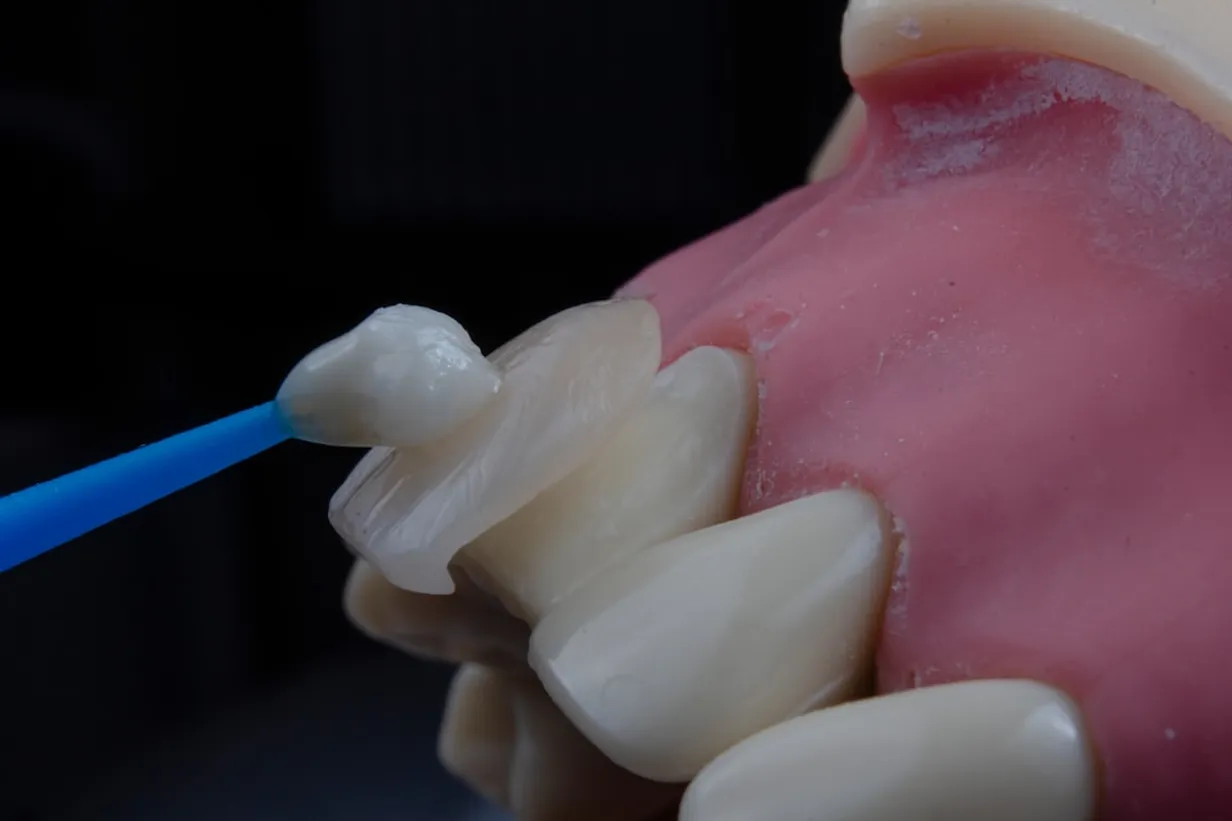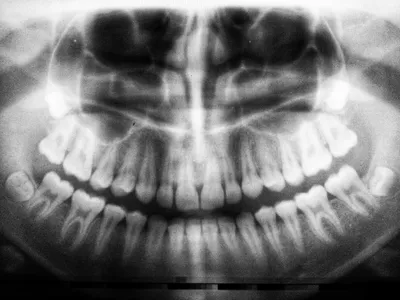
What is Dental Plaque?
Dental plaque is a sticky, colorless or pale yellow film that forms on your teeth when bacteria in your mouth mix with sugary or starchy foods. If not removed regularly, plaque can harden into tartar and lead to dental issues like cavities and gum disease.
Causes of Dental Plaque
Plaque formation is primarily caused by the accumulation of bacteria in the mouth. When you eat foods high in carbohydrates, such as sugars and starches, plaque can build up quickly. Foods like bread, milk, and fruits, if not cleaned off, can contribute significantly to the plaque.
The Role of Poor Oral Hygiene
Neglecting proper oral care, such as not brushing and flossing regularly, can accelerate plaque formation. It's essential to maintain a consistent oral hygiene routine to minimize plaque buildup.
Prevention of Dental Plaque
Preventing plaque formation starts with maintaining oral hygiene. Brush your teeth at least twice a day with fluoride toothpaste and floss daily to remove food particles and plaque between your teeth.
Dietary Considerations
Limit sugary snacks and drinks as these contribute to plaque formation. Opt for a balanced diet rich in fruits, vegetables, and whole grains to promote dental health.
Regular Dental Visits
Schedule regular dental check-ups for professional cleaning and monitoring. Your dentist can advise on additional techniques to manage plaque effectively.
Treatment Options for Dental Plaque
Once plaque hardens into tartar, it can only be removed by a dental professional. Regular cleanings will prevent tartar buildup and its associated risks. Maintaining good oral hygiene post-cleaning is crucial to prevent recurrence.
Use of Anti-Plaque Products
Consider using anti-plaque mouth rinses or toothpaste designed to combat plaque. Your dentist can recommend suitable products tailored to your needs.
Conclusion
Understanding dental plaque and implementing effective prevention strategies are key to maintaining a healthy smile. With regular oral care, diet modifications, and professional guidance, plaque can be managed effectively, ensuring your teeth remain healthy and strong.
Top Dental Health Articles
Discover our most popular dental health articles, featuring expert advice that our readers rely on.



